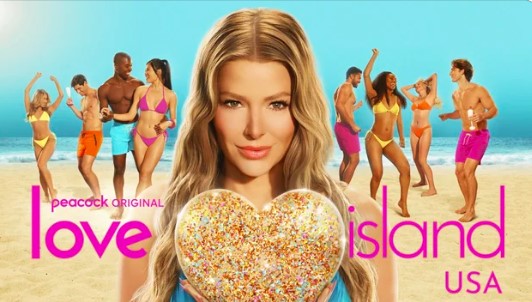The dating franchise’s of Love Island USA handling of Black women contestants spotlights deeper societal biases around beauty, desirability, and identity.
A Reality Show Reflecting Deeper Prejudices
July 14, 2025: The most recent seasons of Love Island—both UK and US—have reignited critical conversations about racial discrimination and misogynoir: the unique bias directed towards Black women. Fans and former participants have highlighted consistent patterns where darker-skinned Black women are often picked last, eliminated early, or deemed less desirable compared to lighter-skinned peers.
Experiences from Past Contestants
JaNa Craig, a fan favorite from a recent season of Love Island USA, spoke about feeling sidelined despite being seen as beautiful and confident. Fellow castmate Serena Page—who went on to win—also shared how complexion seemed to impact suitors’ interest. Stories like JaNa’s and Serena’s are reinforced by experiences from the U.K. edition, where it took 11 seasons before a darker-skinned Black woman finally won the show.
Why It Matters: Misogynoir Meets Modern Dating
Scholars emphasize that when contestants declare dating “types,” these aren’t neutral preferences—they’re shaped by media-driven ideals and shifting beauty standards. Such selective attraction reinforces the marginalization of Black women and perpetuates harmful stereotypes about desirability.
Some experts explain that reality shows compound racial biases by granting advantages to contestants who fit mainstream beauty norms—while others become tokens or narrative sidekicks.
Fan and Viewer Reflections
User feedback on platforms like Reddit echoes broader frustrations. For example, one viewer reflected on how Black women—no matter how conventionally attractive—are often avoided by male contestants who fear rejection or discomfort outside their perceived “type.” Another described how Black female contestants frequently become scapegoats for drama and emotional reactions while white women remain less scrutinized.
One particularly resonant post read:
“There’s no doubt… those guys are attracted to Mímii but see a beautiful Black woman and are intimidated… especially once another connection forms.”
What the Show Has Responded With
Love Island producers have issued general statements asserting inclusive casting practices—but critics argue these don’t go far enough in addressing colorism, representation, and background vetting. This season’s controversies—including contestant exits due to resurfaced racist posts—prompted production teams to update their screening and casting processes.
Final Take
Love Island is more than just summer reality TV—it’s a cultural touchstone revealing how dating shows can reinforce harmful beauty hierarchies and racial biases. As audiences and former Islanders continue raising awareness about misogynoir, the franchise faces growing pressure to evolve beyond superficial diversity toward genuine inclusivity, sensitivity, and equitable storytelling.
Published by HOLR Magazine


